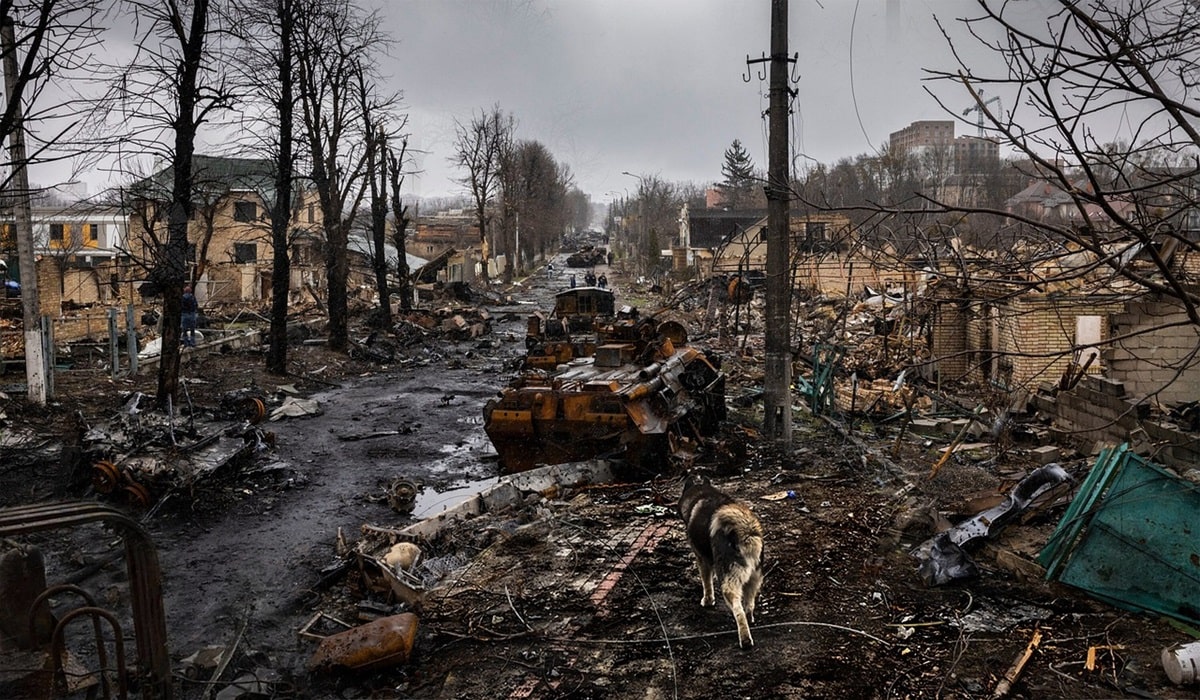Protest In France Enters Its 10th Day With Crowds Growing Larger Daily
- TDS News
- Breaking News
- March 24, 2023

Over three million French citizens took to the streets on Thursday to protest against the proposed bill that would raise the retirement age from 62 to 64. The bill, a contentious issue since it was announced earlier this year, has sparked outrage among many French citizens who believe it would significantly reduce the quality of life for many elderly citizens. While the government argues that the reform is necessary to address the country’s financial challenges, the protesters argue that it is unfair to make them work longer and that it would be detrimental to their health and well-being.
The proposed reform, which is part of President Emmanuel Macron’s broader plan to overhaul the country’s pension system, has faced widespread opposition from trade unions, opposition parties, and ordinary citizens. The government has argued that the current system is unsustainable and that reforms are necessary to ensure that the pension system remains viable in the future. The proposed reform would create a single, points-based system that would replace the current system of 42 different pension schemes.
While the government has argued that the new system would be fairer and more transparent, critics argue that it would reduce benefits for many workers. They also argue that the proposed retirement age increase would be unfair to those who have already paid into the system for decades and that it would disproportionately affect those in physically demanding jobs.
The protests, which were organized by trade unions, began early on Thursday and continued throughout the day. They were peaceful for the most part, but there were some reports of violence and clashes between protesters and police. Many of the protesters carried signs and banners that read “No to the pension reform” and “Enough is enough”. They also chanted slogans and sang songs in protest.
The protests were not limited to Paris, with demonstrations taking place in cities and towns throughout France. More than 800,000 members of the CGT Union took to the streets in Paris, and in Marseille, over 50,000 people took to the streets, while in Bordeaux, over 40,000 people turned out to protest. There were also large protests in Lyon, Toulouse, Nantes, and other cities.
The government has remained firm in its commitment to the reform, arguing that addressing the country’s financial challenges is necessary. In a speech on Thursday, President Macron acknowledged the concerns of the protesters but defended the reform, saying that it was essential to ensure that the pension system remained viable for future generations.
He also pointed out that the majority of the country was in favour of raising the retirement age, citing a recent poll that showed the majority of French citizens supported the proposed reform. He argued that the current system was unsustainable and that reform was necessary to ensure that the pension system remained viable.
However, critics argue that the government has not done enough to address their concerns and that the proposed reform is unfair and would reduce benefits for many workers. They also argue that the government should have consulted more with trade unions and opposition parties before proposing the reform.
The protests have highlighted the deep divisions within French society over the proposed reform. While some support the government’s efforts to address the country’s financial challenges, others believe that the proposed reform would reduce benefits for many workers and would be unfair to those who have already paid into the system for decades.
The government’s refusal to back down on the proposed reform has led to a stalemate between the government and the protesters. While the government argues that the majority of the country is in favour of raising the retirement age, the protests have shown that there is significant opposition to the proposed reform.
Critics argue that the government has not done enough to engage with trade unions and opposition parties and that the proposed reform was announced without sufficient consultation or debate. The protests have also raised questions about the effectiveness of protest as a political tool. While the protests have been mostly peaceful for the most part, pockets of violence flared up that saw several people arrested for clashes with police which saw the deployment of tear gas.
Experts argue that the protests are unlikely to change the government’s position on the proposed reform and that alternative strategies, such as dialogue and negotiation, may be more effective. It remains to be seen how this issue will be resolved, but it is clear that the protests will continue to be a significant part of the political landscape in France in the coming weeks and months.








